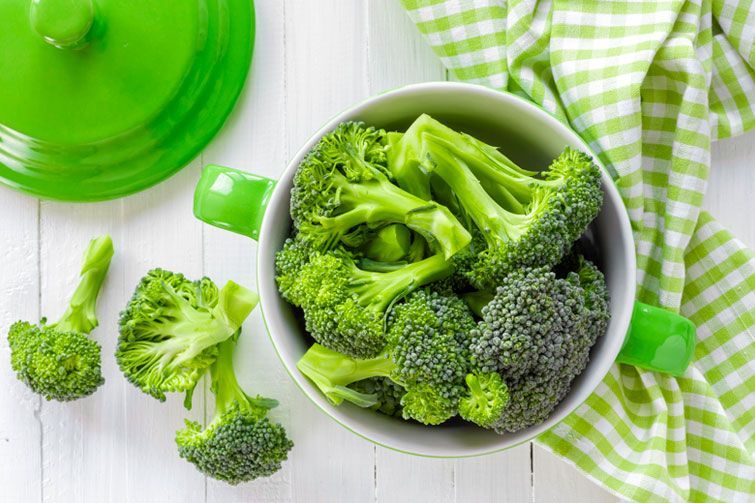The world’s largest broccoli and cauliflower exporters in 2020 were Spain, with $ 545 million, and Mexico, with $ 354 million, according to data from the World Trade Organization (WTO).
Broccoli (Brassica oleracea italica) is a plant of the Brasicaceae family, formerly called Crucifers, which is a set of flower buds that are developing and tend to bloom in a very short time.
In addition, broccoli has a high nutritional and medicinal value that lies mainly in its high content of vitamins, minerals, carbohydrates and proteins.
Among the main producing companies in Mexico are: Babia, Hapco Farms, Latin Specialties, North American Produce, Primo Trading Services and Val Verde Vegetable.
In Mexico, the state of Guanajuato contributes around 70% of the national production value of broccoli.
Broccoli and cauliflower
This product is an annual cycle vegetable, whose straight plant is 60 to 90 cm high and ends in a mass of green flowers, which can reach a diameter of up to 35 cm.
It has deep, branched roots and the flowers are yellow and have four cross-shaped petals.
Other outstanding broccoli exporters in 2020 were: United States ($ 163 million), France ($ 111 million), Italy (103 million), China (96 million), Netherlands (64 million), Guatemala ($ 30 million), Poland (21 million) and Canada (16 million).
According to the Mexican Association of Protected Horticulture (AMHPAC), as part of the minimum quality requirements, broccoli must be fre from:
- Decay, withered products.
- Excessive ripening.
- Discoloration of the bunch or leaves.
- Damage caused by freezing.
- Dirt, odors, flavors and other materials foreign to the product.
- Diseases, insects or damage caused by these.
Shelf Life, according to the University of California:
- Temperature of 0 ° C (32 ° F) and a RH (Hazard ratio)> 95% for a shelf life of 21-28 days.
- 5 ° C (41 ° F) temperature for 14 day pot life.
- Finally, a temperature of 10 ° C (50 ° F) for a shelf life of 5 days.
![]()

